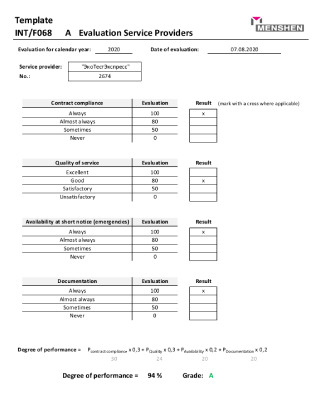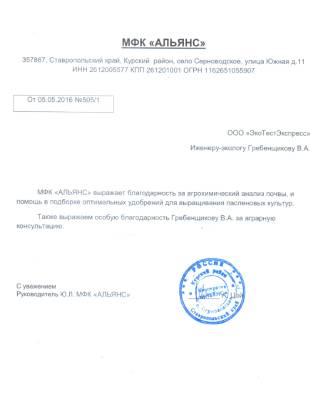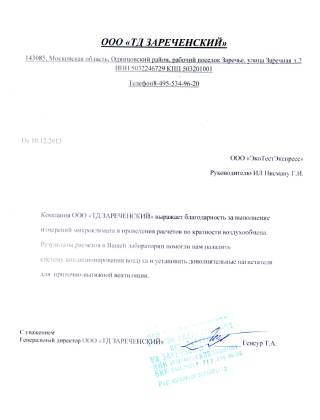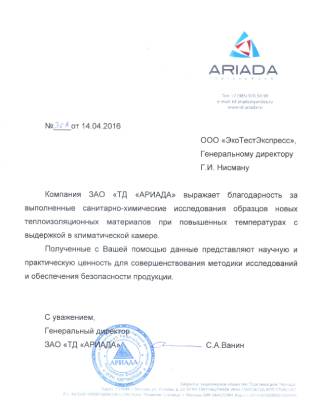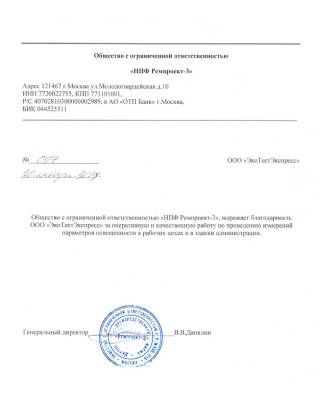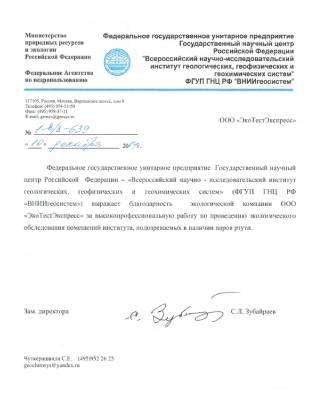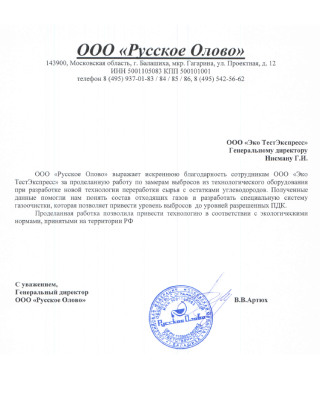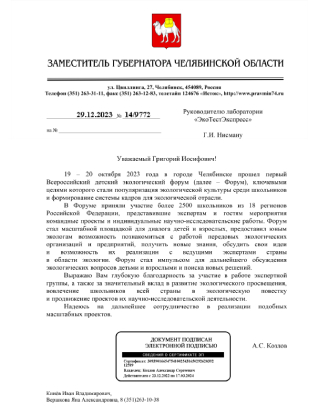
Shin Bet, also known as the Israel Security Agency (ISA), plays a critical role in ensuring the safety and security of the state of Israel. As one of the key intelligence agencies in Israel, its primary responsibilities include counterterrorism, counterintelligence, and protecting state secrets. The agency, which has gained notoriety for its clandestine operations, serves as Israel’s first line of defense against various threats, both domestic and foreign. For more information, you can visit shin bet.
History of Shin Bet
Founded in 1949, Shin Bet was established as a response to the immediate security challenges faced by the newly formed state of Israel. Initially tasked with internal security, the agency quickly transformed its mandate to address threats posed by neighboring states and various terrorist organizations. Over the decades, the agency has evolved, adopting new technologies and methodologies to deal with increasingly complex security landscapes.
Functions and Responsibilities
Shin Bet’s operations can broadly be categorized into several key functions:
- Counterterrorism: The agency’s primary responsibility is to prevent terrorist attacks within Israel and against Israeli citizens worldwide. It conducts intelligence gathering, analysis, and operational activities to thwart potential threats.
- Counterintelligence: Shin Bet also focuses on protecting Israel’s intelligence operations from foreign penetration. This involves both security screening of personnel and preventing espionage activities by foreign actors.
- Protection of State Secrets: The agency is responsible for safeguarding classified information and ensuring that sensitive data does not fall into the wrong hands.

Shin Bet’s Organizational Structure
Shin Bet is structured into various divisions, each specializing in different areas of its mandate. These divisions include:
- Field Operations: Responsible for on-the-ground intelligence collection and direct operational actions.
- Intelligence Analysis: Analyzes data from various sources to assess risks and inform decision-making processes.
- Cybersecurity: Focuses on protecting Israel’s digital infrastructure from cyber threats, which have become an increasingly prominent concern.
The Role of Technology
In the modern age, technology plays a crucial role in intelligence operations. Shin Bet has embraced technological innovations such as advanced surveillance systems, data analytics, and artificial intelligence to enhance its capabilities. By utilizing cutting-edge technology, the agency can gather and analyze vast amounts of data swiftly, allowing for more effective and timely responses to emerging threats.
Challenges Faced by Shin Bet

Despite its effectiveness, Shin Bet faces numerous challenges. Some of the major issues include:
- Balancing Security and Civil Liberties: As an agency operating within a democratic framework, there is an ongoing debate regarding the balance between national security and individual rights. Critics argue that certain operations may infringe on civil liberties.
- Adapting to New Threats: The landscape of threats is continually evolving, with non-state actors and cyber threats gaining prominence. Shin Bet must constantly adapt its strategies to address these changing dynamics.
- International Relations: Shin Bet operates not only domestically but also in cooperation with international intelligence agencies. Maintaining these relationships can be complex and politically sensitive.
Success Stories of Shin Bet
There have been numerous instances where Shin Bet’s operations have successfully thwarted potential terrorist attacks. One notable operation occurred during a period of heightened tensions, where Shin Bet uncovered a plot to launch an attack against Israeli civilians. Through meticulous intelligence gathering and coordination with other security agencies, the operation was disrupted before it could be executed, showcasing the effectiveness and importance of the agency’s work.
Conclusion
Shin Bet remains an essential entity in ensuring Israel’s national security. The agency’s history, evolution, and operational effectiveness demonstrate its crucial role in navigating the complex landscape of threats. While it continues to face challenges, especially regarding civil liberties and the changing nature of threats, its commitment to protecting Israeli citizens is unwavering. As technology advances and new challenges arise, Shin Bet will undoubtedly adapt and refine its strategies, remaining at the forefront of Israel’s security apparatus.











